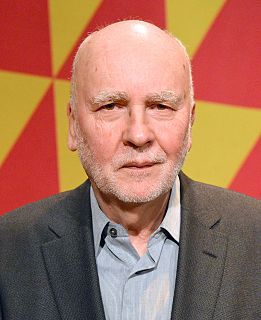A Quote by W. H. Auden
By mourning tongues The death of the poet was kept from his poems.
Related Quotes
The most important part of the process of mourning is regularly reciting kaddish in a synagogue. Kaddish is a doxology, which Jewish tradition has mandated children to recite daily in a synagogue during the year of mourning for a deceased parent and then on the anniversary of his or her death thereafter.
Gabriel Levin's book is a journey through time and through entrenched animosities of the Middle East. What's astonishing and refreshing is his ability to combine the reporter's perspective with a deep knowledge of poetry, including pre-Islamic Arab poems. A brilliant poet is at work here-a poet in the rugged landscape of conflict and pain.
These are crystalline - oftentimes incandescent - translations of Juarroz's powerful metaphysical poems where eternity and silence jut up against a world where “writing infects the landscape” and there are “more letters than leaves” - The kind of match one hopes for where both the translator and the poet are in luck; new poems which don't leak and yet old poems in which the original passion shines.






































